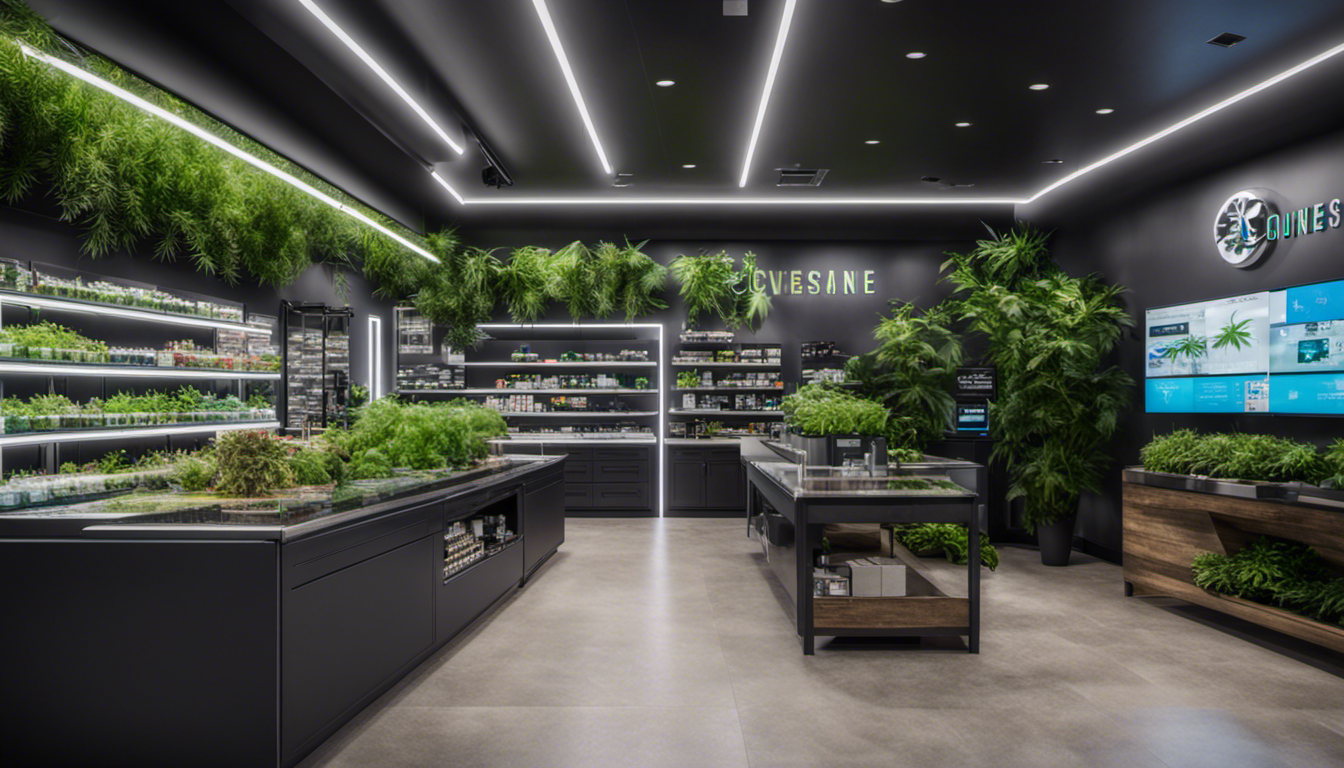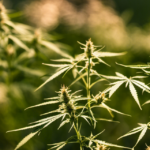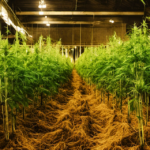DEA Expands Definition of THC in Hemp to Include THCA, Raising Concerns About Intoxicating Products
The US Drug Enforcement Administration (DEA) has issued a clarification on the definition of THC in industrial hemp, potentially leading to greater restrictions on products derived from hemp compounds that can cause intoxication. According to a letter from the DEA, the 0.3% delta-9 THC threshold, established by the 2018 Farm Bill, now includes THCA, a precursor to THC that is present in hemp and converts into delta-9 THC when heated.
The updated definition has sparked concerns about the potential crackdown on hemp-derived intoxicants, which were not envisioned by lawmakers when they legalized industrial hemp in 2018. The DEA’s clarification comes as proposed provisions in the next US Farm Bill aim to curb products containing unregulated, high-producing substances like THCA and other psychoactive compounds.
The DEA’s letter, written by Terrence Boos, chief of the agency’s drug and chemical evaluation section, states that THCA does not meet the definition of hemp under the Controlled Substances Act (CSA) because it is equivalent to delta-9 THC when converted for identification purposes. This means that THCA-based products could be considered illegal, adding to the controversy surrounding the regulation of hemp-derived intoxicants.
Stakeholders have expressed concerns that the new definition could push many hemp crops beyond the 0.3% limit, affecting not only growers who produce flowers for CBD but also those who farm hemp for fiber and grain. However, most conventional hemp cultivars contain negligible amounts of THCA, making it unlikely that many crops would exceed the limit.
The European Union, which has a longer history of hemp production, regulates the combined level of THC and THCA under a 0.3% limit, expressed as a total THC value. The DEA is currently developing a final rule to formally clarify its policy on THCA and synthetic cannabinoids from hemp, based on recommendations from the US Department of Health and Human Services.
The 2018 Farm Bill legalized industrial hemp as any part of the plant, including seeds, derivatives, extracts, and cannabinoids, with no more than a 0.3% THC content. However, the legislation did not anticipate the emergence of products containing high levels of THCA and other intoxicants made from hemp flowers. The US Food and Drug Administration (FDA) has repeatedly warned consumers about hemp-derived intoxicants, noting that unregulated and often unsafe products may contain harmful chemicals. States have begun to address the substances









